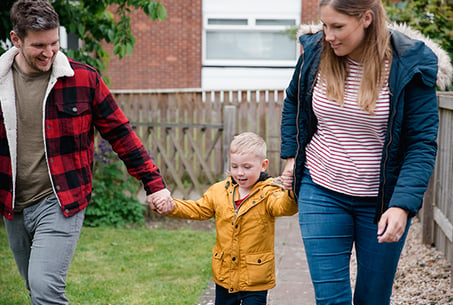Is Your Parenting Program Enough to Engage Dads?
2 min read
Date Published: 02/04/2020
Last Updated: 02/04/2020
National Fatherhood Initiative Blog / Latest Articles
2 min read


You can “reswizzle” your parenting program’s marketing to include more images of dads. You can bring in men to help co-facilitate. You can even shout from the rooftops, “Dads are welcome!”
Unfortunately, no matter how hard you try, many dads won’t attend a parenting program. Research shows that recruitment of dads to parenting programs remains a challenge. In fact, out of 4,959 participants in 21 studies across several countries, only 20% of the participants in parenting programs were dads.
There are 3 primary reasons that dads don’t attend parenting programs.
The good news is that fatherhood programs can help dads see the term “parenting” from a new perspective—one in which they identify parenting as something they do. This new perspective motivates dads to build the parenting skills that they wouldn’t have otherwise.
If you only offer a parenting program, consider adding a fatherhood program (e.g. 24/7 Dad®). Doing so will make it easier to recruit dads and provide them with a wholistic approach which includes parenting skills.
Parenting and fathering have many common elements, but there are major differences as well. And addressing those dad-specific elements can mean the difference between engaging a dad or not.
If you only offer a parenting program, have you considered adding a fatherhood program?
If you want to add a fatherhood program, are there any barriers you need to address? What are some next steps you can take to address those barriers?
Date Published: 02/04/2020
Last Updated: 02/04/2020
Download this free guide for a proven 7-step roadmap—from making the case and securing funding for your program, to launching and measuring real results!


Train Your Staff
Fatherhood Programs
Fatherhood Data
© 2026 National Fatherhood Initiative®. All rights reserved.